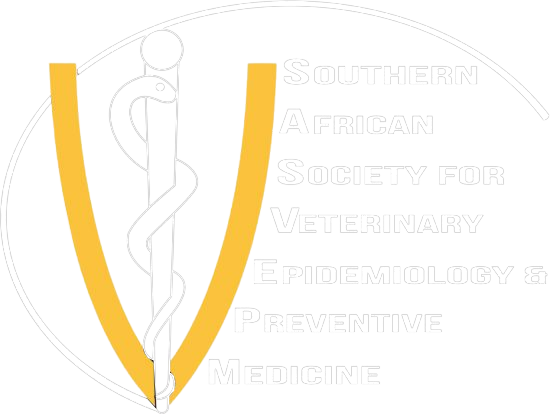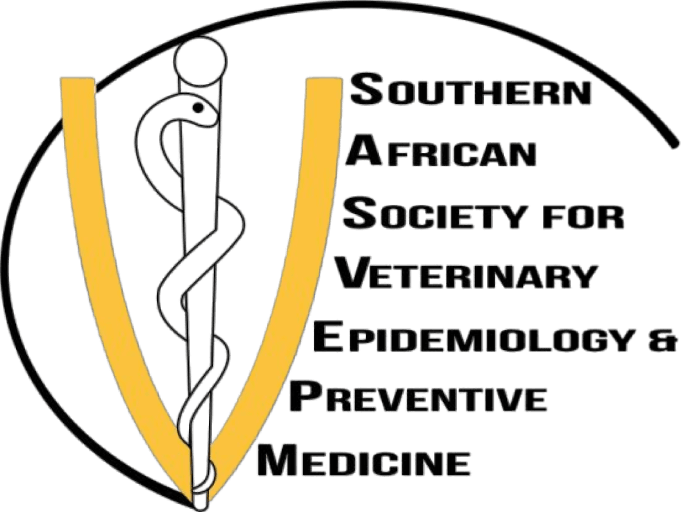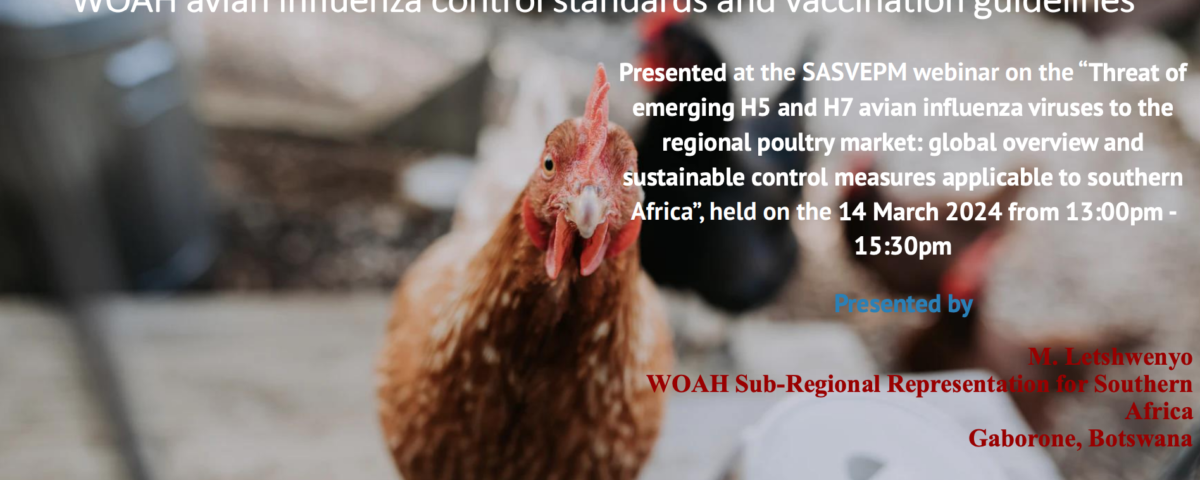Threat of emerging H5 and H7 avian influenza viruses to the regional poultry market: global overview and sustainable control measures applicable to southern Africa webinar 14 March 2024
SASVEPM Webinar I of 2024
Threat of emerging H5 and H7 avian influenza viruses to the regional poultry market: global overview and sustainable control measures applicable to southern Africa
Background
South Africa is currently experiencing several outbreaks of highly pathogenic avian influenza (HPAI) that is threating neighbouring countries and affecting bilateral avian trade within the southern African region. The disease has affected several provinces thus threatening the livelihoods and health of both poultry farmers and consumers through loss of income from trade embargoes, production losses and infection of the labour force. The H5 and H7 are highly pathogenic strains that have ravaged the country to the extent that shortages of poultry products, particularly eggs, caused escalation of prices beyond the financial means of many. The Republic has been severely affected by these outbreak events, despite the existing broad knowledge base and technical expertise on avian influenza diagnostics, research, and regulatory frameworks. Notwithstanding signs of recovery in the poultry sector, there is need to be proactive in sharing knowledge on how best to deal with the disease and ensure such adverse impacts to the poultry and public health sectors are not perpetuated.
The ongoing open dialogue between government, industry and academic authorities has thus far provided stakeholders with expert opinions focused on challenges facing the poultry industry, however discussion of the broader impact of the disease is warranted.
In light of this knowledge gap, SASVEPM has organized a webinar to address some of the challenges through the engagement of HPAI experts to focus on the threat of the pandemic to the SADC economy. The webinar aims to contribute to the collective efforts of stakeholders through information sharing and exchange of experiences for improved control of the disease in the region.
This webinar offers an opportunity for experts to expand on the eco-epidemiological aspects of HPAI relevant to southern Africa, and the specific available disease control measures with which to mitigate socio-economic impacts most effectively.
Stakeholders and experts will be given the chance to engage on matters of evolution and epidemiology of the avian influenza viruses, the impact of the highly pathogenic strains (H5 & H7) on the sub-region and deliberate on potential sustainable preventive and control measures of the disease in developing economies. Debate could be used to inform current surveillance and movement control measures in effect, as well as the appropriateness of proposed vaccination strategies by regional trade partners. The exercise also seeks to emphasize the importance of commercial and backyard enterprises adhering to biosecurity required for trade and partnerships to.
Programme
14 March 2024
13:00 Welcome and Introduction Dr Oonagh Pretorius (SASVEPM Secretary)
13:05 Global overview, evolution, and epidemiology of highly pathogenic avian influenza viruses. Prof. Celia Abolnik (University of Pretoria)
13:30 The impact of H5 & H7 in commercial, backyard and allied poultry industries in the sub-region Dr Grietjie de Klerk (DALRRD)
13:55 Sustainable prevention and control measures of the disease in developing countries.
Prof. Folorunso Oludayo Fasina (FAO)
14:20 WOAH avian influenza control standards and vaccination guidelines.
Dr Moetapele Letshwenyo (WOAH)
14:45 Q&A Session
15:15 Closing remarks (2-3 minutes per speaker)
15:25 Vote of thanks
Speakers

Professor Celia Abolnik obtained her PhD degree with a thesis on avian influenza and Newcastle disease molecular epidemiology from the University of Pretoria in 2007. She spent a decade as a researcher at the Agricultural Research Council Onderstepoort Veterinary Research Institute before joining the University of Pretoria’s Faculty of Veterinary Science in 2012, where she holds the NRF/DSI South African Research Chair (SARChI) in Poultry Health and Production. Her research interests are the genomics, molecular epidemiology and novel vaccine development for a range of avian diseases, but especially avian influenza. She is an NRF-rated researcher and the author of over 90 peer-reviewed scientific papers.

Dr Grietjie de Klerk is the Deputy Director: Animal Health, in the Department of Agriculture, Land reform and Rural Development (DALRRD). She heads the Epidemiology Sub-Directorate responsible for analysis of animal disease data, animal disease reporting nationally and internationally and national animal surveillance programs. She played a key role in establishing and auditing of biosafety and biosecurity standards for laboratories that perform diagnostics for controlled and notifiable animal diseases. She is certified by the International Federation of Biosafety Associations as a Biorisk Management Professional. She is a member of the One Health Steering Committee and One Health Forum. She has also performed animal disease audits for the World Organisation for Animal Health (WOAH) and for DALRRD.

Prof. Folorunso Oludayo Fasina is a veterinarian with significant work experience in Africa. He previously worked at the Emergency Center for Transboundary Animal Diseases (ECTAD) Food and Agriculture Organization of the United Nations as Country Team Leader in Kenya and Tanzania between 2016 and 2023; and serves as an extraordinary Professor at the University of Pretoria, South Africa. He works as the One Health Intelligence and Early Warning Expert with FAO in Rome Italy. He holds a Doctor of Veterinary Medicine, and PhDs in molecular and classical epidemiology from the University of Pretoria, South Africa, and the Utrecht University, the Netherlands respectively, focusing on transboundary (ASF) and zoonotic diseases (HPAIH5N1). His areas of interests include Infectious Disease Epidemiology, Health Economics, and Disease Ecology and Modelling using One Health approach. His works explores zoonoses, antimicrobial resistance and epidemiologic basis of transboundary animal diseases and One Health in Africa, with over 4,170 citations.

Dr Moetapele Letshwenyo is the World Organisation for Animal Health (WOAH) Sub-Regional Representative (SRR) for southern Africa. He is a veterinary epidemiologist, who for a long time worked for the Department of Veterinary Services of Botswana, initially as a field veterinarian, ultimately becoming the Department’s epidemiologist, where he was responsible for disease control and assisted in setting up the Veterinary Epidemiology and Economics Unit. Dr Letshwenyo was a member of various technical committees of international organizations such as OIE, FAO, AU IBAR, and SADC. In 2008, he became the Director of Veterinary Services and WOAH Delegate for Botswana. In 2009 he became a Deputy Permanent Secretary in the Ministry until joining the WOAH (then OIE) in 2014. He was awarded a “Meritorious Honour” by the WOAH in 2013. As SRR, he works closely with member country’s Veterinary Services to ensure compliance to international animal standards, to facilitate safe trade in animals and their products.


